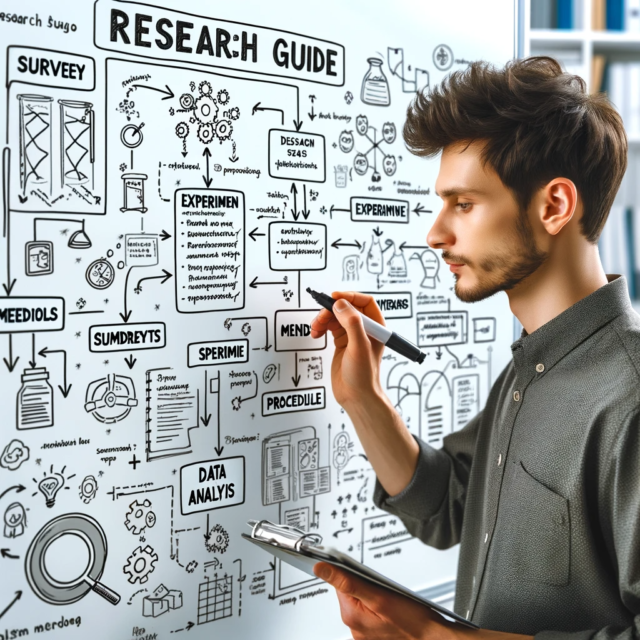Artificial intelligence (AI) is bringing tremendous changes to the healthcare industry. As technology advances, more innovative applications of AI are emerging that can improve patient outcomes, streamline operations, and reduce costs. Here are 10 key ways AI will revolutionize healthcare:
- Earlier Disease Detection AI algorithms excel at analyzing medical images and patient data to detect potential diseases in their earliest stages when they are most treatable. This will significantly boost diagnosis accuracy and save lives.
- Precision Medicine By reviewing a patient’s medical history, genetics, lifestyle, and more, AI can offer data-driven, customized prevention and treatment recommendations tailored to each individual.
- Virtual Medical Assistants, AI chatbots, and virtual agents will automate administrative tasks in healthcare facilities, freeing up clinicians to focus more on delivering patient care.
- Drug Development Acceleration Machine learning will analyze molecular data to pinpoint promising compounds for new pharmaceuticals and predict their efficacy faster than traditional methods.
- Predictive Analytics Continuously monitoring patient data, AI can forecast impending health emergencies like early strokes, enabling timely intervention. This will improve outcomes.
- Workflow Optimization AI will help healthcare systems run more efficiently by optimizing scheduling, inventory management, patient flow, and other processes to minimize waste and delays.
- Fraud Detection AI’s pattern recognition abilities will identify anomalies in insurance claims and other records to reduce healthcare fraud, saving billions annually.
- Health Monitoring Wearables and home health tech infused with AI will allow patients to be remotely monitored, facilitating prompt care without the need for hospital visits.
- Mental Health Support AI chatbots are providing empathetic counseling and therapy for mental health issues, improving access to these vital services.
- Medical Research Acceleration By rapidly analyzing vast datasets, AI can uncover insights to guide new treatments and pharmaceuticals, advancing biomedical research.
| Benefit | Description |
|---|---|
| Increased Efficiency | Automate time-consuming workflows to reduce costs and resources spent |
| Improved Diagnostics | Augmented ability of doctors to accurately detect conditions early |
| Personalized Care | Treatments tailored to individuals lead to better results |
| Reduced Errors | Minimize risks of human mistakes and oversights |
| Increased Accessibility | Facilitate patient access to health services through virtual platforms |
The transformative capabilities of AI will continue expanding as the technology evolves. By automating workflows, enhancing analysis abilities, and improving patient engagement, AI promises to reshape healthcare in ways that benefit all stakeholders.










